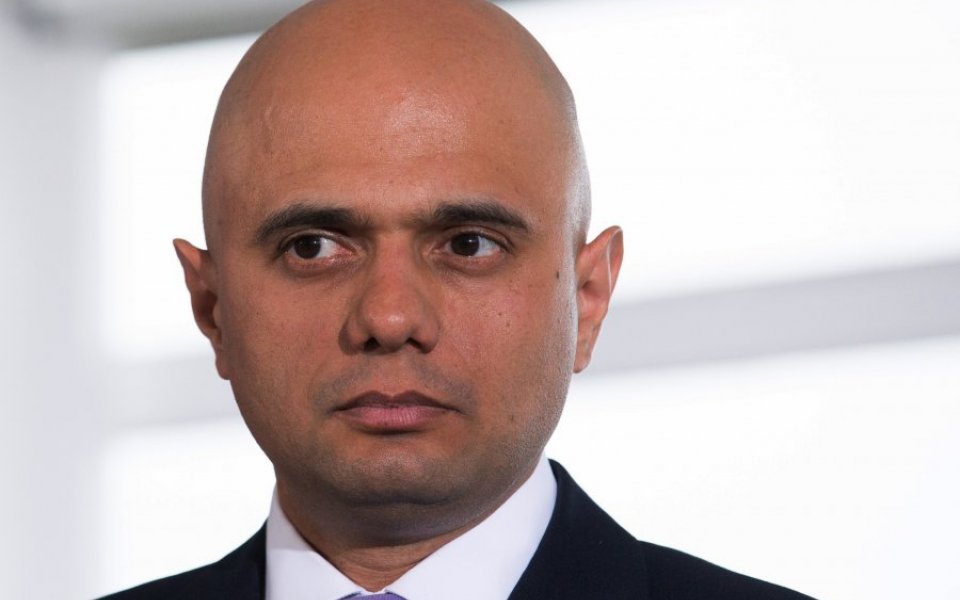UK steel crisis: As business secretary Sajid Javid faces pressure to save thousands of job he deserves credit for taking a principled stance

Should we slam heavy tariffs on Chinese imports in the wake of Britain’s steel manufacturing crisis? For some, the answer is a simple “yes” – the government has a responsibility to defend our industries and jobs, so they say. For others, the answer is a straightforward “no” – protectionism, while helping some local businesses in the short-run, ultimately destroys economic growth and the ensuing improvement in broader human wellbeing.
For business secretary Sajid Javid, the situation is somewhat more complex. Javid is an instinctive free-marketeer, a former City worker who speaks honestly and passionately about the benefits of trade and enterprise. But now he finds himself under intense political pressure to save thousands of jobs across the country. Hence, at the end of last week, Javid signed a rather bolshie joint letter with some fellow European ministers arguing that the EU “cannot remain passive”.
Yesterday, however, he clarified his position, telling MPs that he will oppose any changes to the so-called “lesser duty” rule – the rule that stops Europe from significantly ramping up tariffs. For this stance, he has attracted strong criticism.
Some of Javid’s opponents argue that you cannot apply free market principles to a market that already involves so much government interference; cheap steel from China, after all, is subsidised by the state. But herein lies the thinking behind destructive trade-blocks throughout the world – namely, the idea that trade is a zero-sum game.
Most participants in trade talks believe that by taking a liberal approach, a government is giving something away, and thus must only do so if the other side, or sides, also make concessions. Such an approach fails to recognise that people on both “sides” benefit from trade in numerous ways.
Javid provided an example of this when speaking to MPs yesterday. Escalating tariffs to the levels that some people are demanding “would cost jobs and growth” at UK firms that use steel in their manufacturing, he noted. “And it would certainly cut exports to people who are using [British companies’] products across Europe and elsewhere.”
It is a tough argument to win. The benefits that Javid alludes to are spread widely across many people, while those seeking punitive tariffs may be fewer – but they are organised and vocal. Promoted to the role of business secretary last May, Javid is finding out how tough it can be to balance one’s principles with political reality. He deserves credit for trying to square the circle.